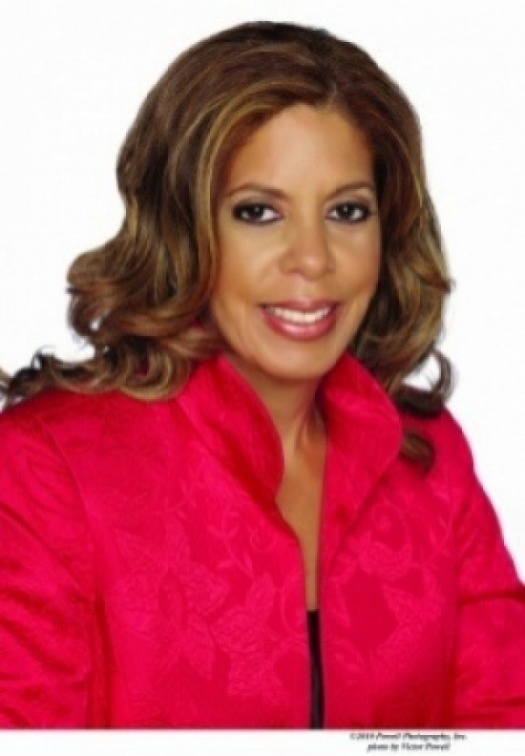
The Black middle class is shrinking. For Black America, the recession is not over. These are indisputable facts reported again and again by media and quoted by pundits to fuel their indictments against the federal government for what it isn’t doing
The Black middle class is shrinking. For Black America, the recession is not over. These are indisputable facts reported again and again by media and quoted by pundits to fuel their indictments against the federal government for what it isn’t doing to fix the problem. But instead of asking the government what it’s going to do, we should also be asking “What is the Black community going to do?”
Government bears responsibility to ensure fair and equal access to opportunity for all Americans. That, too, is an indisputable fact. But the disappearing Black middle class and the scarcity of wealth in the Black community didn’t arrive with the recession in 2008.
Prior to the tumble, Blacks controlled less than 3 percent of the nation’s wealth but bore a disproportionate amount of personal debt.
In spite of these trends, the overwhelming perception among African Americans leading up to the recession was that their overall economic outlook was improving, according to the Pew Research Center. Many people assumed that the Black middle class was growing when, in fact, it was not.
As the U.S. Congress and the Obama administration ponder a debt ceiling, Black Americans should seriously think about establishing their own personal debt ceilings to defend against economic uncertainties such as long-term joblessness and declining incomes and property values.
In 2004, four years before the Great Recession, Black household net worth dropped by 83 percent to $2,170. The net worth of the average white American household is 50 times that amount. Household wealth isn’t based on income; it is calculated by subtracting debt from your assets. A study released in 2010 by Brandeis University found that the black-white wealth gap experienced unprecedented growth between 1984 and 2007. During that time, assets among white households increased while debt skyrocketed among Black households.
As debt grew, incomes fell. Black median household income dropped dramatically to $29,328 in 2009 from $32,584 in 2010, according to U.S. Census figures.
A recent newspaper article stated that “for many in the Black community, job loss has knocked them out of the middle class and back into poverty.” That statement assumes these individuals were born poor. A study by the Economic Policy Institute in Washington released in 2008, before the crisis struck, found that 45 percent of African Americans who were born into the middle class were living in poverty as adults, compared to 16 percent of whites.
That is not to say that the Black community today isn’t in crisis. The disproportionate impact of foreclosures on the Black community, wage freezes and long-term joblessness – even among college-educated Blacks – has worsened Black America’s already critical economic circumstances. Keep in mind that during a national election cycle in which a Black president presides over a country experiencing the worst economic climate in 80 years, fingers will naturally point to the government to blame. But the economic disparities facing the Black community didn’t start with this administration and they won’t end here, either. Solutions will require thought leadership, education and advocacy in the Black community, and an end to the culture of debt.
The Chicago Urban League has been working in the trenches to extend access to economic opportunity to African Americans for over 90 years. We offer financial literacy courses for adults and youth so that they might avoid credit booby traps, learn how to save and invest. We counsel first-time homebuyers so they do not take on more debt than they can handle. We also teach fiscal responsibility and long-term financial planning to business owners through our Entrepreneurship Center. It is critical that Black enterprises thrive so that they may hire and invest in Black communities.
Both the government and private sector have a crucial role to play to ensure that African Americans get their fair share of the pie. Our nation continues to struggle with equal access to opportunity, the poor quality of public education and the absence of a clear pipeline to good-paying jobs. I will address these issues in next month’s column.
But it is going to require more than a shift in economic policies under the current administration in Washington to reverse Black America’s downward spiral. Opportunity must be accompanied by fiscal responsibility in Black households. Black America must work deliberately to reverse its reliance on debt. For those who need assistance, the Urban League is here to help.
Andrea L. Zopp is president and CEO of The Chicago Urban League.